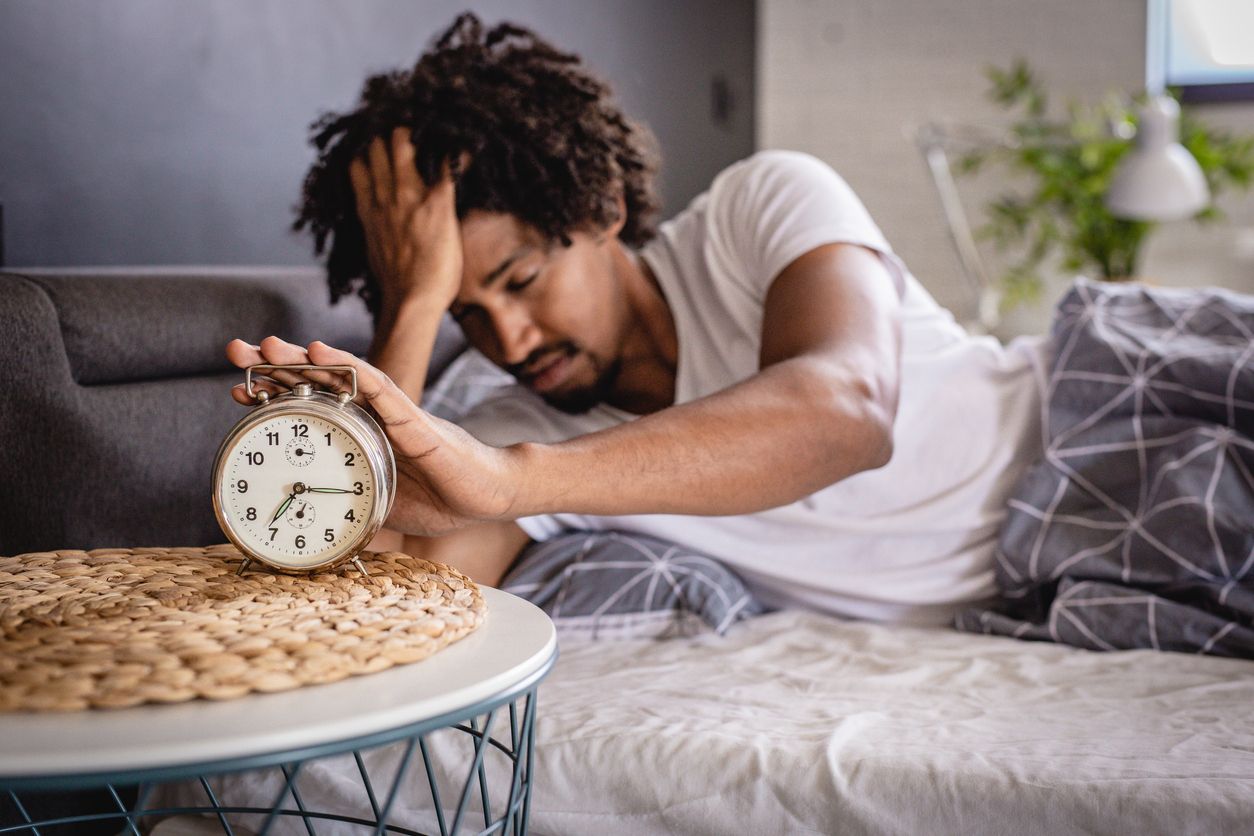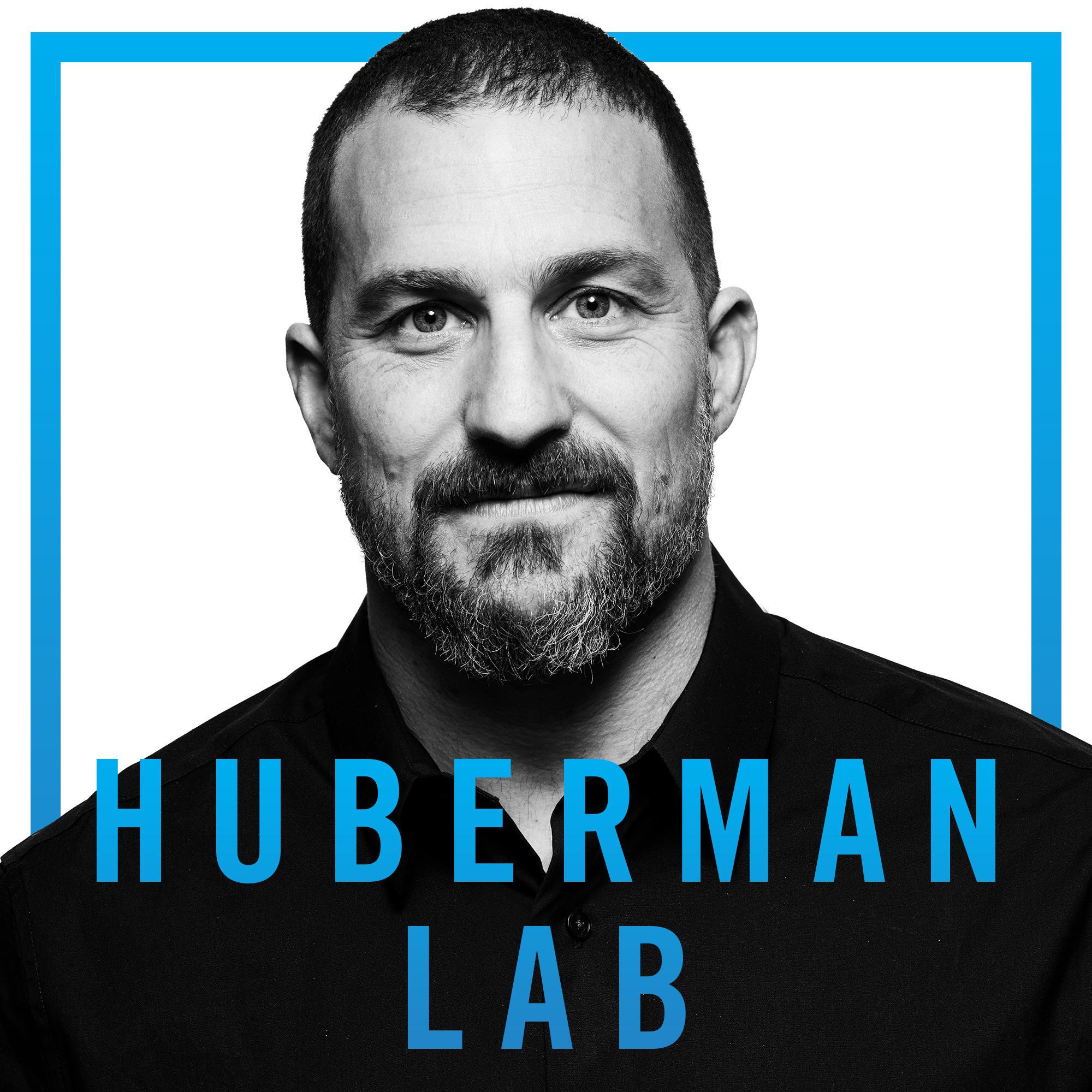NUTRITION
Why Over-The-Counter Sleeping Pills are harmful for your sleep
A deeper look at OTC sleeping pills and how they affect our sleep and sleep quality.
· 3 min read
Over-the-counter sleep aids can be classified into two groups, which work very differently.
Many supplements, like melatonin, work by assisting your body’s regulation of the sleep/wake cycle. They help your body do what it should naturally be doing.
Antihistamine sleep aids, colloquially known as sleeping pills, do the opposite: they work by interfering with your body’s natural desire to stay awake.
Supplements are a long-term, therapeutic solution. They don’t increase drowsiness on their own, but instead, they help ensure that you’re drowsy when you’re supposed to be.
Antihistamines like diphenhydramine (most commonly sold under the brand name Benadryl) and doxylamine succinate (the active ingredient in Unisom) were originally developed as allergy medications. Drowsiness was just a side effect.
What are Histamines?
Histamines are an integral part of your body’s natural defense system. They trigger bodily responses that help get allergens out of your system. Those defensive responses can include a runny nose and sneezing (to force allergens out of your nose and throat), itchiness (to get you to scratch allergens off of your skin), or tearing up (to get allergens out of your eyes).
When you come into contact with an allergen, like pollen, dander, or the oil of a poisonous plant, it’s not the allergen that’s causing the allergic reaction -- it’s your body’s enlisting of histamines to come to your defense… even if the effects aren’t pleasant. Much of the time, histamines do their thing without you noticing, but when they’re on full alert, you know it.
Why Antihistamines Make You Drowsy
When histamine enters the bloodstream, they fight off intruders. But within the brain, it has another important role: assisting with the sleep/wake cycle. Older, “first generation” antihistamines like diphenhydramine work a little too well, and interfere with histamine function in the brain, too. That’s why newer antihistamines, like Zyrtec, don’t cause drowsiness… they’re designed better, and only interact with histamines in the bloodstream.
When the antihistamine fights the histamine in your brain, the histamine can’t do its job of helping keep you awake and regulating your circadian rhythm.
In general, too much histamine production can cause issues like insomnia. There are therapeutic methods of reducing histamine production that you can discuss with your healthcare professional. But antihistamines like diphenhydramine take a short-term, brute-force approach.
Why You Feel Bad the Next Morning

If you’re like a lot of people, taking a sleeping pill when you can’t sleep has the short term benefit of causing drowsiness, and eventually sleep, but the adverse effects the next morning can be rough. Once your body has had enough sleep and the sleep/wake cycle gets your body to wake up, there may still be antihistamines in your system, pushing back. That’s why you can feel groggy for up to an hour after a night of Benadryl-induced sleep.
More than that, antihistamines can inhibit REM sleep, which is essential for good sleep health. That’s why when you wake up the next morning, you might feel more like you were knocked unconscious, rather than getting truly restful, restorative sleep. Over-reliance of antihistamines as a sleep aid can cause a rebound effect, leading to a greater chance of sleep apnea and impairment of daily activity and cognitive function.
The Right Approach
Unless directed by a healthcare professional, we do not recommend using antihistamines as a sleep aid for more than one consecutive night. They’re not solutions to poor sleep health; instead, they can mask problems -- and you want to solve those problems. If you’re reading this, and you haven’t yet tried out Crescent, you can talk to one of our sleep coaches to help you get on the right track. Sometimes, the best over-the-counter sleep aid is nothing at all.
Sign up for the Crescent newsletter

